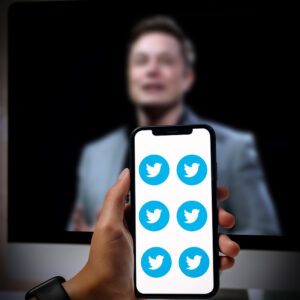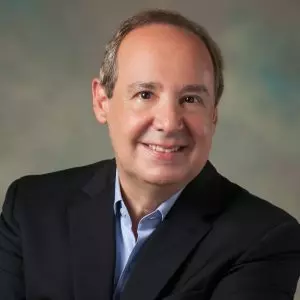When Elon Musk acquired Twitter in October, he sent a prominent virtue signal. Musk indicated that under his ownership, Twitter would be “a common digital town square, where a wide range of beliefs can be debated in a healthy manner.”
This notion was quickly picked up in numerous glowing tweets, then amplified by media worldwide. But we have learned in the ensuing months that there never was and never will be a digital town square.
Let’s begin by reviewing the analog version of what Musk imagined. The Speakers’ Corner in London’s Hyde Park is the model that is widely cited. It is a section of the park, near Marble Arch, that enables individuals from a wide range of ideologies — mainstream to fringe — to express their views in the open air for all within earshot to hear.
Speakers’ Corner often is used as an example to demonstrate robust freedom of speech. Anyone can appear unannounced and talk on almost any subject. Counter-speech in the form of heckling is permitted and common, particularly by those who congregate there regularly. And for more than a century, those who used it to express their opinions have included Karl Marx and George Orwell.
It’s not the free-for-all that one might envision, however. Since the space is sanctioned by the government on public property, Speakers’ Corner remains under its careful watch. In fact, speaking there confers no immunity from the law. In practice, the police intervene with speakers when they receive a complaint.
Social media platforms such as Twitter are private enterprises with extensive service terms that require an agreement for all users. In some cases, an additional layer of verification may be required to confirm identity. These factors make them dissimilar from Speakers’ Corner or public spaces that are open to all comers.
True, Twitter and its peers reflect a wide range of beliefs, but few regular users would confirm that these are debated “in a healthy manner.” United Kingdom law, like U.S. law, recognizes freedom of speech should not be limited to the inoffensive. Rather, it also should extend to “the irritating, the contentious, the eccentric, the heretical, the unwelcome, and the provocative, as long as such speech did not tend to provoke violence.”
Despite the breakdown of Musk’s digital town square metaphor when analyzed more closely, there continues to be a need for content moderation on Twitter under his watch, just as there is in Speakers’ Corner. How much content moderation is designed and works in practice (or not) seems to be the more appropriate way to assess whether a “digital town square” can move from his idealistic rhetoric to reality while still preserving the open expressive values that remain as a cherished social good.


